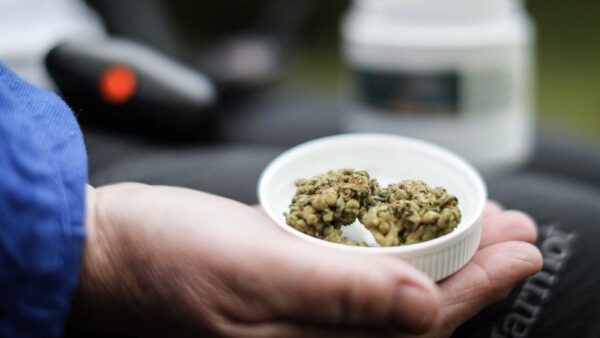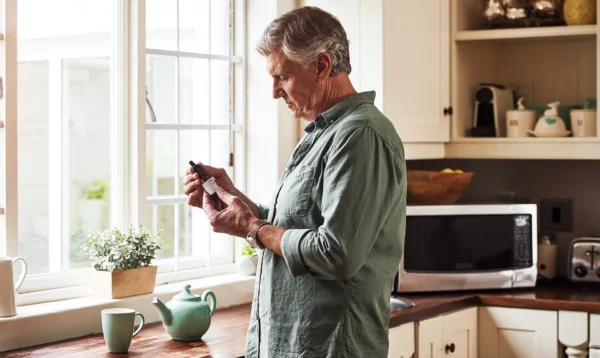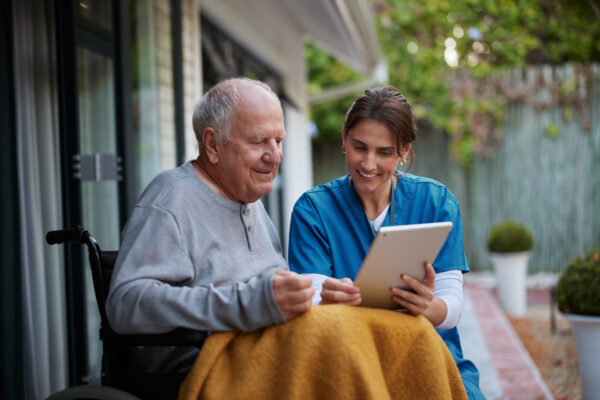As a day which holds deep ties to advocacy and celebration of cannabis, 420 (pronounced Four – Twenty) has now become synonymous with cannabis culture. Considering the history of cannabis use can be traced back to ancient Japanese and Chinese civilisations, the gathering of cannabis advocates on April 20th is a relatively recent addition to the long history of cannabis.
Whilst many people use this day to demonstrate support for access to adult-use cannabis, at Curaleaf Clinic we recognise the importance of this day for our patients. We believe that education and advocacy is important in improving acceptance and accessibility for medical cannabis patients. We work on this throughout the year with healthcare professionals, members of the public, and others, but in our latest blog we take stock of the importance of 420 in these efforts.
What does 420 mean?
The term 420 is used to refer to April 20th (4/20 in US calendar format) and activities related to cannabis which take place on the day.
The origins of 420 are contested, but the phrase is most believed to originate from a group of high school friends in 1970s California. These friends heard of a rumour that there was a local man who had left a cannabis grow unattended. These teenagers would regularly meet at 4.20pm after school at a statue of Louis Pasteur to look for this cultivation site. They would refer to this in shorthand as “4:20 Louis”. The friends were unsuccessful in their attempt to find this cannabis, but overtime they dropped “Louis” from the phrase and simply referred to all plans revolving around cannabis as “4:20”
What does 420 signify?
Whilst many will associate 420 culture with advocacy on ending the prohibition on cannabis, it’s important to recognise that for many people this is an important day to continue raising awareness to address the barriers that still exist in accessing medical cannabis. A study by Curaleaf Clinic researchers has shown that as many as 1 in 2 individuals are still unaware that medical cannabis is legal in the United Kingdom. Medical cannabis patients have led the way, but throughout the year we aim to do our part too. We help to raise awareness among the general public via traditional and social media, whilst also working with healthcare workers, police and other professionals to provide education rooted in fact, not stigma.
Medical Cannabis Through the Ages
This year to help provide education on medical cannabis to the general population we have worked with influencers who are engaged on social topics to provide education about some historical uses of medical cannabis through to the present day. Whilst many of these uses wouldn’t be endorsed in the present day it has helped to show that the stigmatisation of the plant is a very recent development. Some key facts we shared were:
- The use of cannabis as a medicine can be traced back to ancient Chinese and Japanese societies. Its first recorded use was in 2700 BC, but some studies suggest that the plant can be trace back to 10,000 BC.
- The Egyptians used cannabis for medicinal reasons, but also the production of hemp rope is also thought to have been an essential element of building the pyramids.
- The first recorded medical use of medical cannabis in modern medical journals traces back to William Brooke O’Shaughnessy who described its use in India for seizures.
What does 420 friendly mean?
This is a phrase commonly used by those who wish to let others know that they’re welcoming towards cannabis and its consumption either recreationally, medicinally or both. It’s a way of signalling a safe and non-judgmental space for those who consume cannabis.
How Can I Make the Most of 420?
During 420, Curaleaf will be continuing the advocacy for improved awareness and accessibility to medical cannabis for eligible patients. If you feel comfortable talking with friends, family, and others about prescription cannabis you might choose to direct them towards some of the free education we have available via Curaleaf Education. We are also happy to provide educational sessions to healthcare professionals, police forces and other professional groups who may benefit from further education on medical cannabis. Please contact us via [email protected] if this is of interest and we would be happy to arrange a session.








